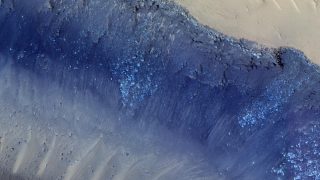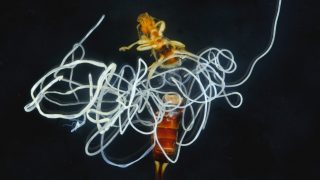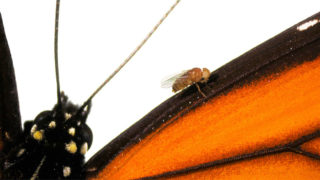
MI weekly selection #355
Alternative explanation for landslides in Mars Long landslides on Mars may have been caused by vibrations of unstable light rocks at the bottom of the slide. The findings, which offer an alternative view to previous suggestions that the landslides were caused by underlying ice, could give researchers more insight on the landslide risks on Mars […]








